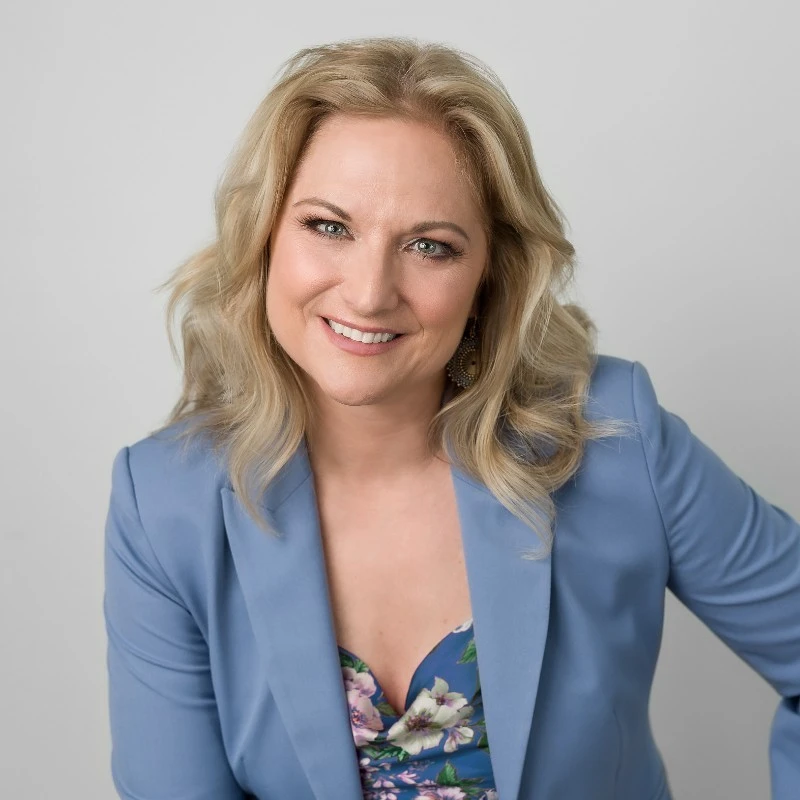Mood Boosting Foods
Mood Boosting Foods
Hi everybody, I’m Paul Charisma, and I’m your happiness expert. I feel crazy talking to you about food and nutrition, because who needs a lecture on nutritional science? But the truth is, we are inundated with information. If you’re following nutrition science in the media, every day there’s new information. Old coffee is good for you, coffee’s bad for you, red wine’s good, red wine’s bad, salt’s okay, and high-fat’s okay, and it just changes all the time. As someone who’s grounded in science, I want to share that science with you, my community, and talk about how we actually make ourselves better. I want to give clear-cut, evidence-based answers, and specifically today, I wanted to talk about nutrition that makes our overall mental health better. So it’s not necessarily just physical, although it’s clearly that too, but how do we get our mental health better? So, clear science is available, if you want it, let’s get right into it. Subscribe to my channel, and we’ll get going on this topic.
As a coach, public speaker, and best-selling author, I teach topics just like this one all around the world. So stay tuned, and I’ll give you practical tools that you can use to make both yourself and those around you both happier and more successful. So everybody’s probably heard of the American diet that’s often referred to as the SAD diet, Standard American Diet (SAD). And it’s, I don’t need to tell you, it’s bad for us. It’s high in fat, high in salt, crazy amounts of sugar in everything, and all our grains are highly processed. Of course, that’s the last thing. Almost all of our food, or a great deal of our food, is too processed, and all of these things are literally killing us. There are some very interesting, relatively easy ways to overcome the dangers of this SAD diet with some basic education.
What I’m referring to in terms of the good science is perhaps the only legitimate mental health study. There was a meta-study, a study of the studies, of good diets for our mental health. There are some very basic things that we need to know. The first one is serotonin. Serotonin is the hormone that we associate with feeling good mentally, and so we think if we have lots of serotonin, we’ll feel better on a day-to-day basis, we’ll be happier. Often we think that serotonin must be produced in the brain, right? Because it’s the one that makes our heads feel good. But the truth is, serotonin is 95% produced in our guts. It’s totally about how healthy this part of our body is, not this part. So, we really need to be maximizing our physical well-being in our guts. The best way to do that is to get lots of probiotics. Probiotics are just the right kind of bacteria to keep our stomach healthy, digesting food really well. There are some simple ways to get more of that. The best one perhaps is yogurt. Anything fermented, like pickles and kimchi, are really good. You may think beer and wine, given that they’re fermented, are good, but they don’t have probiotics in them. But serotonin is really important to our mental well-being, and we get it from eating fermented stuff, probiotics.
The second thing is, we know that there are certain vitamins, minerals, and antioxidants that make us feel better. Those common ways are like magnesium, certain folate acids, selenium, vitamins A, B, and C, zinc, all those kinds of things. I could go on with the list, but frankly, I don’t find that list the least bit helpful, because it’s just a bunch of chemicals. Where do I get that stuff from? Well, we need to get it from food. One of the very best ways to get those things, these highly nutrient-rich, mineral-rich foods, are from vegetables. Specifically, leafy green vegetables are one of the very best sources. So we’re talking about beet greens, bok choy, kale, different kinds of lettuces, and then we also could look at things like peppers, broccoli, cauliflower. Broccoli and cauliflower are actually directly related to leafy green vegetables. So that kind of stuff can be very, very helpful to get our vitamin and mineral quantities higher. Daily, substantial quantities, with all our meals, some kind of vitamin and mineral-rich vegetable would be fantastic.
The third thing is Omega 3s. It’s a type of fatty acid that isn’t very readily gotten from most parts of our diet, and they’re essential for the brain. It’s more or less the grease that keeps the brain firing at its best capacity. There are some basic sources. One of the greatest ones is flaxseed. The problem is that most of the food that we buy from the store that contains flaxseed contains the whole seed. So it is awesome, but our bodies won’t process a whole flaxseed, it won’t digest. So we have to grind our flaxseed before we eat it. At night, I have a little coffee grinder on my countertop. I throw a tablespoon of flaxseed in there, grind it up, I throw it on salads, put it in a smoothie, put it in soup, any kind of thing like that, put it on top of oatmeal. Flaxseed is a fantastic source, same with chia seeds, and hemp seeds. Both of those can come as they are, they don’t need to be ground up. Kidney beans are fantastic. Salmon and oysters, and some other seafoods, are also excellent sources.
In general, there are those three strategies: getting our serotonin to be healthily produced in our bodies, to have a highly rich nutrient and vitamin rich diet, mostly consisting of lots of vegetables every day, and then thirdly, getting our Omega-3 fatty acids up. Now the other interesting component that’s related to what I just talked about is it’s not just so much what we are eating, the standard American diet, that’s killing us, it’s what we’re not eating that’s killing us. If we were to simply eat more of certain things, that’s whole grains, lots more fruit and vegetables, and some nuts and seeds. If I were to give you some generic guidance for that, think Mediterranean diet, think of Japanese diet. These things have a lot in common. They’re low in meat, high in vegetables, whole grains, and almost no processed food at all. Those two cultures, the Mediterranean cultures and the Japanese culture, are known to have a 25% lower depression rate than we have here in North America. So there’s clearly something going on there. It’s consistent with the science. Go get your way, eating your way to happiness. I hope that made sense. Eat your way to happiness. Enjoy your food, have fun eating. If you like this video, like it, share it, and subscribe. You’ll get more videos just like this every Sunday morning. Thanks very much. I’m Paul Crisper, I’m your happiness expert. See you next time.























